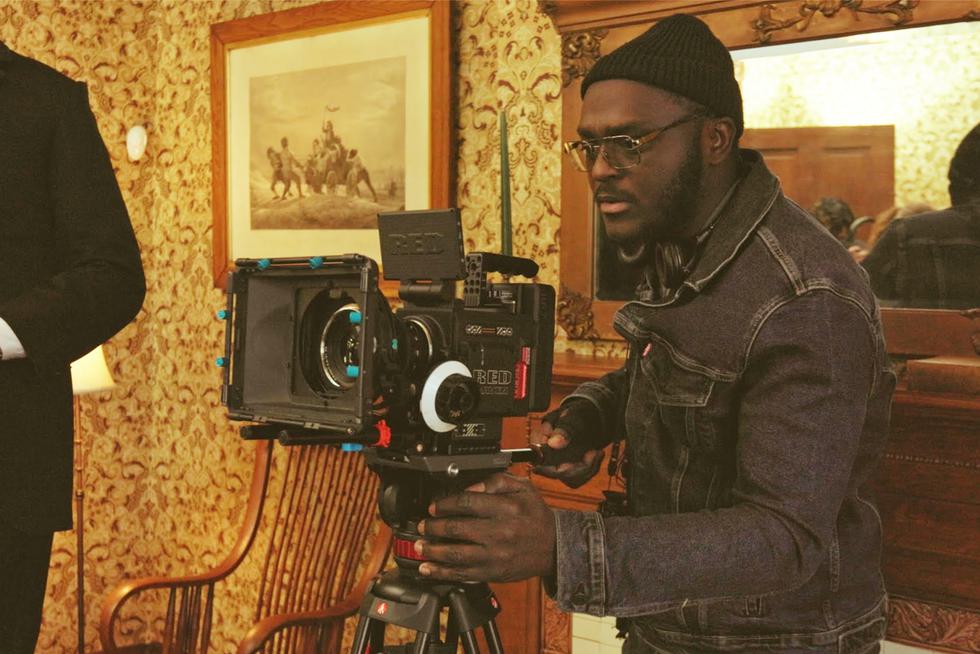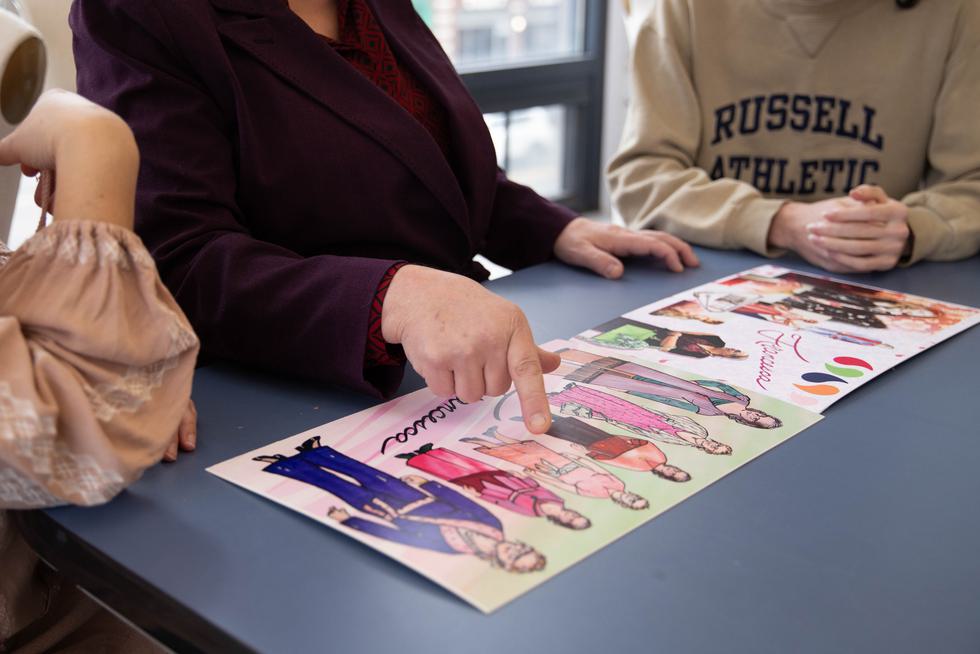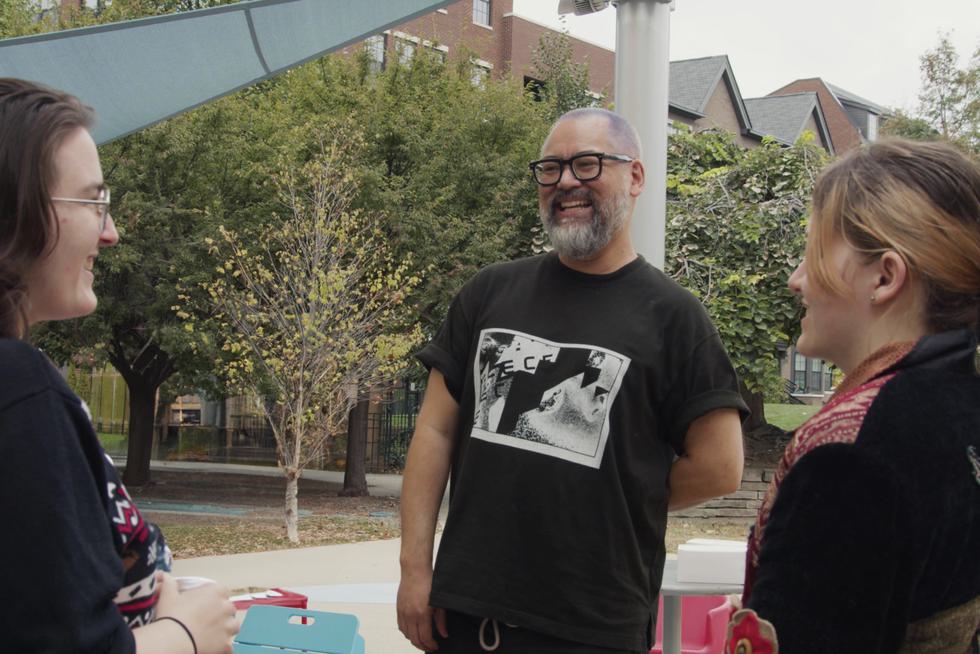News & Media
Explore Stories from CCAD

With CFA’s new fashion innovation center next to campus, CCAD students and community creatives gain more resources, mentorship, and opportunities to launch careers in fashion.

CCAD announces leadership updates to its Board of Trustees, including the appointment of architect Michael Bongiorno as Chair and seven new trustees whose diverse expertise will help shape the college’s future.
News & Media

Lucas Velazquez’s (Graphic Design, 2025) summer internship with the Cleveland Cavaliers shows you can land a job with the NBA without perfecting your jump shot.
Alumni Stories

A short about Emily Dickinson has won a prestigious Telly Award—and Columbus College of Art & Design filmmakers helped make it happen.
Student Success

Two animation students turned young storytellers' dreams into short films. With mentorship from industry pros, Myka Williamson and Hope Margaritis brought prehistoric adventures to life—one frame at a time.

Fashion has the ability to transform wearers, filling them with confidence and celebrating their personality. A recent classroom project that paired CCAD’s Fashion Design students with clients from the nonprofit Dress for Success did that—and so much more.

What could you do in only four weeks’ time? If you’re a Columbus College of Art & Design student, you might just use that time to create—from scratch—an internationally award-winning game with a powerful social message.
Campus Life

When it comes to getting comics career advice, you can’t do much better than Bryan Lee O’Malley, creator of the Scott Pilgrim graphic novels (which have been adapted into a movie, a video game, and, most recently, a Netflix series).








